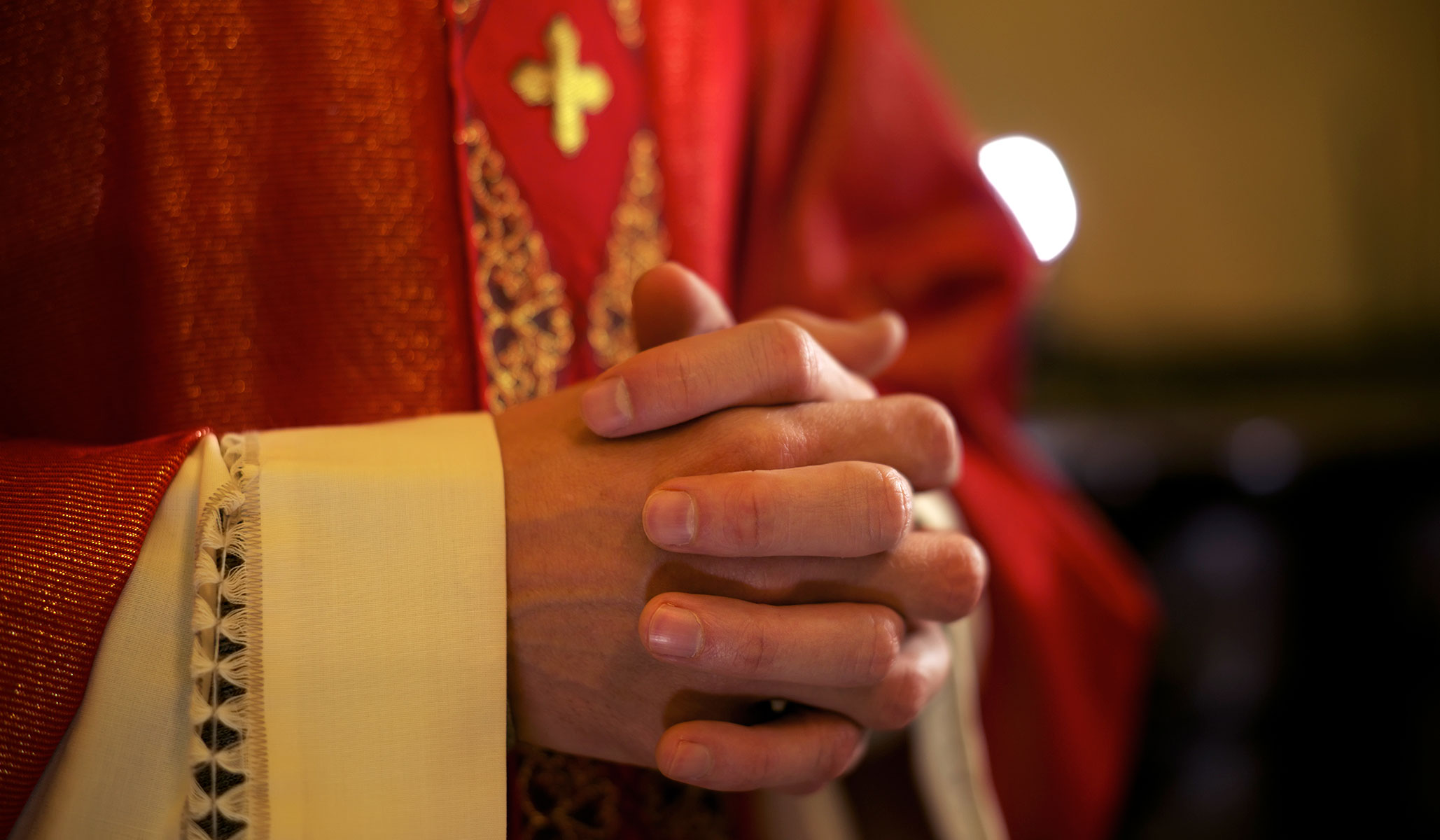Sacred Rites Under Siege: Washington's Legislative Battle Challenges Catholic Communion Practices

In a troubling display of selective enforcement, current legislative efforts seek to single out religious practitioners while turning a blind eye to other confidential communication contexts. The proposed measures targeting Catholic priests' sacramental seal of confession represent a glaring example of religious discrimination that undermines fundamental principles of religious freedom.
While priests would be compelled to disclose sensitive information shared during the sacred rite of confession, other professionals like therapists, lawyers, and counselors would remain protected by robust confidentiality privileges. This stark double standard not only challenges the integrity of religious practice but also reveals a deeply problematic bias against religious institutions.
The sacrament of confession is a deeply personal, spiritually intimate act of trust between an individual and their faith community. Forcing clergy to violate this sacred trust while simultaneously preserving confidentiality for secular professionals represents an unacceptable form of targeted religious persecution.
Lawmakers must recognize that true religious liberty demands equal treatment and respect for spiritual practices. Singling out Catholic priests for mandatory disclosure while exempting other confidential communication channels is not just legally questionable—it's a direct assault on religious freedom and fundamental rights of conscience.
